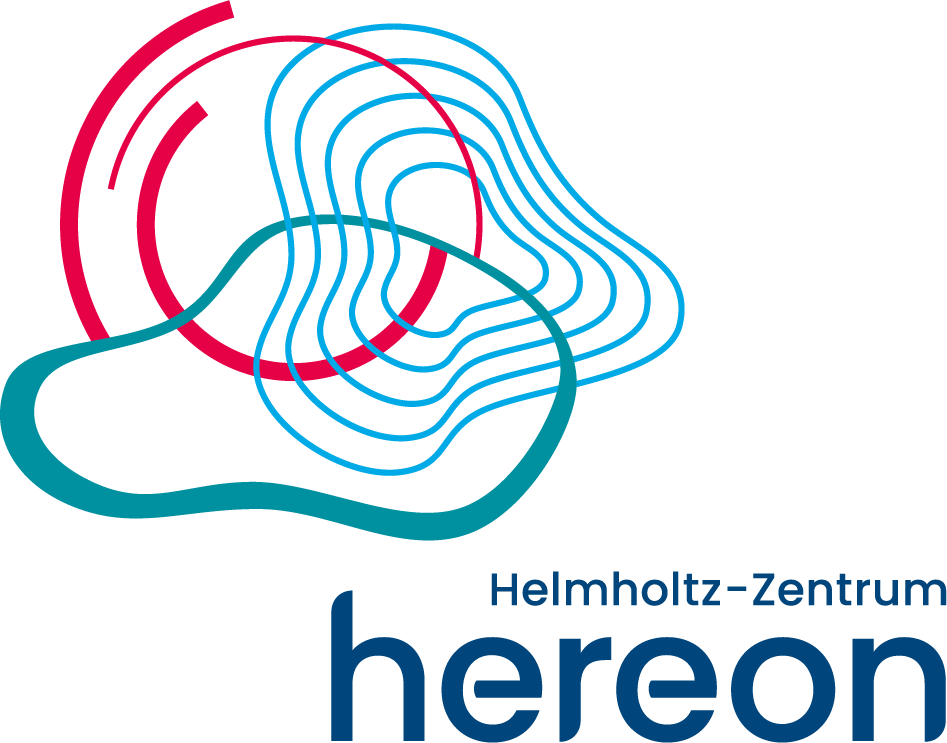MLZ is a cooperation between:
 > Technische Universität München
> Technische Universität München > Helmholtz-Zentrum Hereon
> Helmholtz-Zentrum Hereon
 > Forschungszentrum Jülich
> Forschungszentrum Jülich
MLZ is a member of:
 > LENS
> LENS > ERF-AISBL
> ERF-AISBL
MLZ on social media:

MLZ (eng)
Lichtenbergstr.1
85748 Garching
Structure research
Neutron diffractometers are instruments for the determination of atomic position in crystalline solids, their lattice plane spacing and their magnetic structures as well as various order and disorder phenomena. The size of the unit cells ranges from ionic crystals with less than 100 Å3 in cell volume to complex protein crystals with several 100,000 Å3.
Most powder and single crystal diffractometers at the MLZ use monochromatic neutron beams. Exceptions are the instruments POWTEX and SAPHiR (currently under construction), which use a pulsed neutron beam with a wide bandwidth (time-of-flight / TOF principle).
Powder diffractometers are particularly suitable for the structural characterisation of polycrystalline samples and, due to their rapid data acquisition, also allow in-situ investigations, for example, on ferroelectrics, battery materials, hydrogen storage, etc.
Single-crystal diffractometers probe structural properties, such as magnetic moments, with higher precision.
The scattering patterns recorded by the instruments essentially assume a scattering of the neutrons without energy transfer.
Instrument | Description | Operated by |
|---|---|---|
Cold single-crystal diffractometer for bio- and macromolecules | TUM, | |
Thermal powder diffractometer (under construction) | TUM | |
Thermal powder diffractometer (under construction) | TUM | |
Hot single crystal diffractometer | RWTH Aachen, | |
Hot single crystal diffractometer with polarisation analysis | RWTH Aachen, | |
Thermal high-intensity time-of-flight diffractometer (under construction) | RWTH Aachen, | |
Six anvil press for high pressure radiography and TOF diffraction (under construction) | Uni Bayreuth | |
Thermal high-resolution powder diffractometer | KIT | |
Thermal materials science diffractometer | TUM, |
MLZ is a cooperation between:
 > Technische Universität München
> Technische Universität München > Helmholtz-Zentrum Hereon
> Helmholtz-Zentrum Hereon
 > Forschungszentrum Jülich
> Forschungszentrum Jülich
MLZ is a member of:
 > LENS
> LENS > ERF-AISBL
> ERF-AISBL
MLZ on social media:



